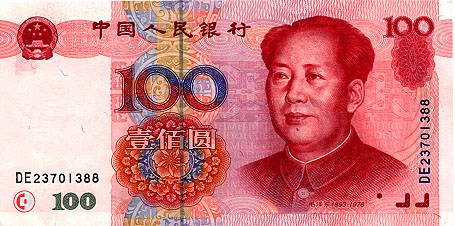itfitzme
VIP Member
What's really great is we are borrowing from China, so we can subsidize China, so they can compete with American businesses, put Americans out of work, with cheap inferior products from a country that doesn't have any environmental standards.
I wonder what we are thinking.
We are borrowing our dollars. US dollars.
The dollars are useless pieces of paper, if even that. We gave them numbers, We got stuff. They have numbers recorded in an account with the Fed.
This is cool. When we "borrow" from them, the Fed marks down one account, the "checking" account and marks up the other, the "savings" account. It's just bookkeeping.
Think about it.
And, all US dollars have to be spent in the US dollar zone. They are meaning less unless spent here.
None of this was even an issue when we were at full employment. The problem is employment and the flow of goods. Money is only an issue if it is failing to do what it is designed to do, make the flow of goods an efficient process.
Problem was, it got inefficient. And the economy didn't shift smoothly to new growtu industries. Instead, the large investment and financial firms went after an asset bubble. When that tapped out, everyone freaked and stopped borrowing and spending. Demand collapsed. The economy fell below where it might otherwise have been had the economy not been side tracked into an asset bubble.


